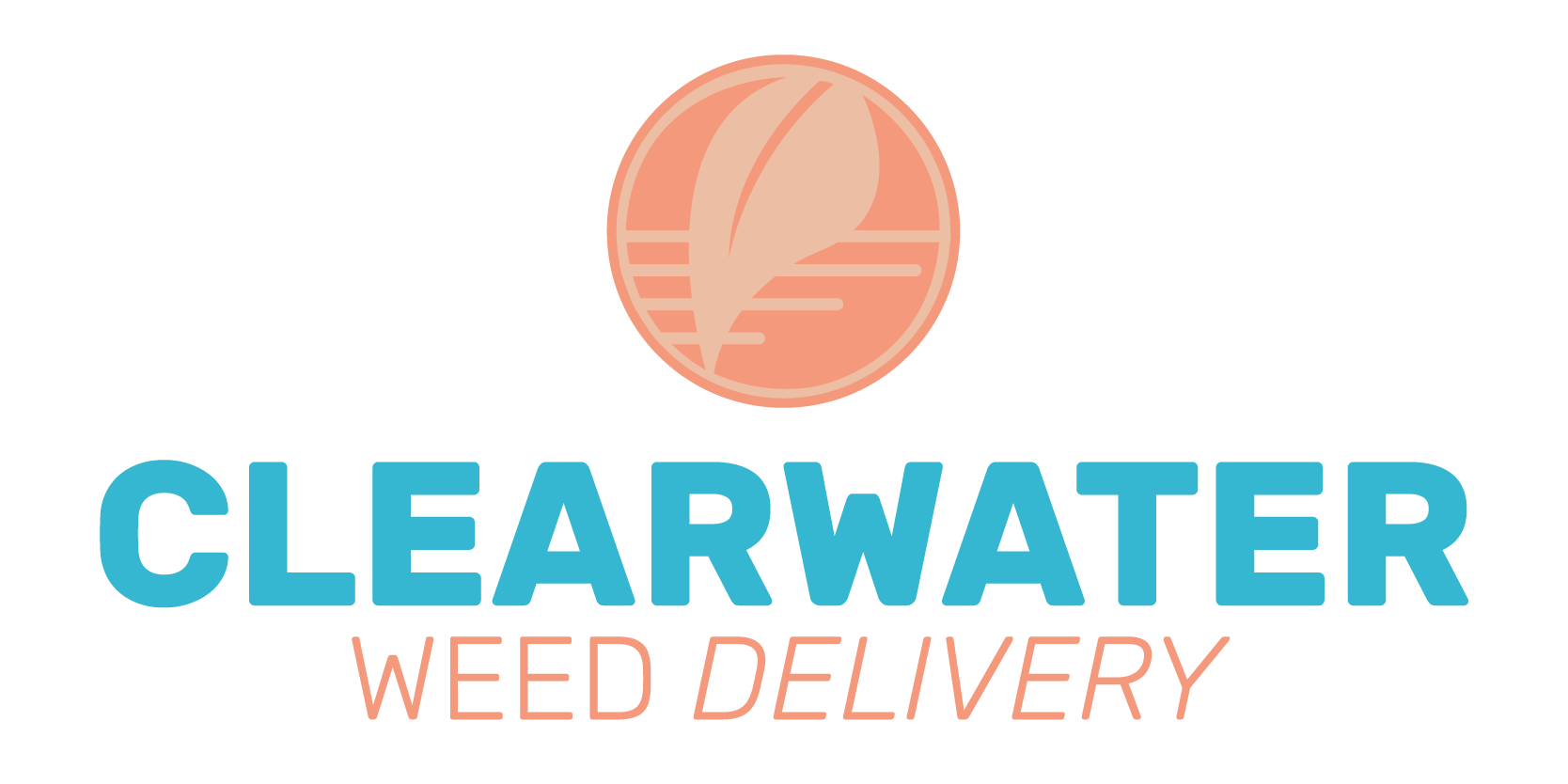Despite the growing national trend toward cannabis legalization, Clearwater, Florida, continues to grapple with a persistent black market for marijuana.
Florida legalized medical marijuana in 2016, but recreational use remains illegal following the failure of Amendment 3 in November 2024. The proposed amendment garnered only 56% support—falling short of the 60% supermajority needed to pass.
Medical Access vs. Recreational Demand
Clearwater is home to several medical marijuana dispensaries serving registered patients. However, without legal recreational access, a significant consumer base turns to the illicit market to meet their needs. This gap between legal supply and consumer demand is not unique to Clearwater. Similar trends have been observed in states that implemented limited legalization frameworks, which left room for the underground market to thrive.
Economic Incentives Driving Illegal Sales
One of the driving forces behind the black market is cost. Legal cannabis products are often priced higher due to taxes, licensing fees, and regulatory compliance. In contrast, illicit cannabis is cheaper and more accessible, making it an attractive option for recreational users who either aren’t qualified for a medical marijuana card or prefer not to register in the system.
The price disparity is significant. Consumers frequently cite affordability as a reason they continue to purchase marijuana from unlicensed dealers, despite the risks involved. This economic dynamic suggests that until recreational sales are legalized and taxed reasonably, the black market will remain a viable competitor.
Public Health and Safety Risks
The black market doesn’t just threaten licensed businesses—it also puts public health at risk. Illegally sourced cannabis products may contain pesticides, mold, synthetic cannabinoids, or even dangerous substances like fentanyl. In recent legislative hearings, state officials reported that an overwhelming percentage of tested illicit marijuana was found to contain contaminants.
Without proper testing, consumers are essentially gambling with their health. This issue underscores the public safety advantage of a regulated cannabis market where products are lab-tested and quality-controlled.
Law Enforcement Struggles
For Clearwater law enforcement, the ongoing presence of the black market creates challenges. Officers must allocate time and resources to track and suppress unregulated cannabis activity, which diverts attention from other pressing criminal issues. While the medical market is strictly regulated and monitored, unlicensed dealers operate without oversight, often using encrypted apps and cash-only transactions to avoid detection.
Some local law enforcement officials have expressed frustration, noting that despite their efforts, the demand for unregulated cannabis remains strong—especially among younger demographics and tourists unfamiliar with Florida’s cannabis laws.
What’s Next for Legalization?
Although the failure of Amendment 3 halted immediate recreational legalization, advocates are already preparing to bring the issue back to the ballot. Supporters argue that creating a fully legal, taxed, and regulated recreational cannabis market could significantly reduce the power of the black market.
Such a shift could also bring economic benefits, including job creation and state tax revenue, while decreasing the burden on law enforcement. Until then, Clearwater remains a city where the cannabis black market operates in the shadows of legal dispensaries.
Final Thoughts
The limited legalization in Clearwater—focused solely on medical cannabis—has inadvertently kept the black market alive and well. Until Florida embraces broader reform, illegal cannabis sales will continue to meet the unmet needs of consumers, posing risks to public health and undermining legal businesses.
